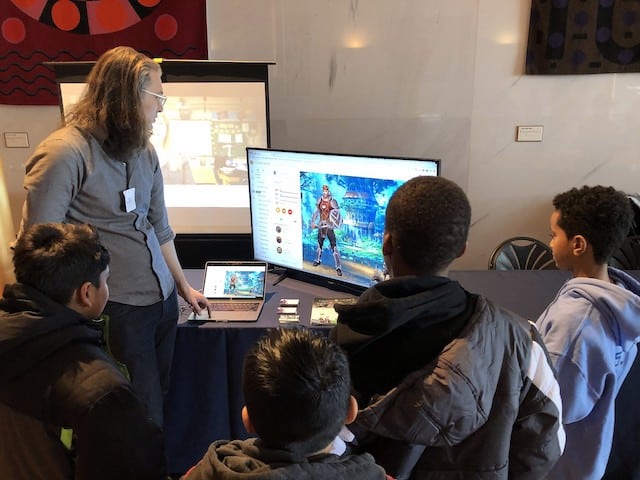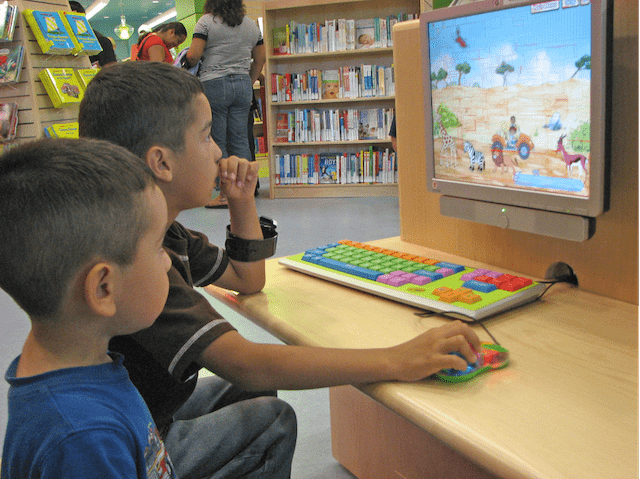Games And Education: What Is Common
What is common between games and education? Surprisingly, there are many similarities! Both games and education can be fun, engaging, and stimulating. They both can help teach new skills, and they both can motivate people to learn. In this article, we will discuss the pros of using games in education, and we will give examples of how games have been used in classrooms around the world.
We believe that incorporating games into education can be a valuable tool for teachers and students alike!
Modernism in Games and Education
With the quick development of technology, this new, modern educational trend, gaming, has been on the incline and has been increasingly used in schools and classrooms (Holland, Parmar, & Planter, 2016). Educators are using such tactics in schools to keep the students engaged.
At the same time, students are also using new tools that are available in the online world. Some are using a plagiarism checker for US students for checking their essay assignments, while others are playing online games that can help sharpen their skills. The modern trends has provided both sides with new opportunities. There are new challenges that come with the new technologies, but there are also many benefits. Let’s take a look at the similarities between games and education for starters.
What Makes Games And Education Both Engaging?
Games and education are both engaging because they both require active participation. In a game, players need to be constantly alert and ready to respond to whatever is happening in the game. They also need to be able to think on their feet and come up with strategies on the fly. Similarly, students need to be actively engaged in their education in order to learn effectively. They need to pay attention in class, participate in discussions, and actively process new information.
Additionally, both games and education can be tailored to the individual. In a game, difficulty levels can be adjusted to make sure that it is challenging but not frustrating for the player. Similarly, educational materials can be adapted to fit the needs of each student.

How Can Games And Education Both Teach New Skills?
Games and education are two of the most effective tools for teaching new skills. Games provide a fun and interactive way to learn, while education offers a more traditional approach. Both methods have their advantages and disadvantages, but they can both be used to teach new skills.
Games are often more effective at teaching certain kinds of skills, such as hand-eye coordination or strategic thinking. They can also be more motivating, since they offer a chance to win rewards or bragging rights. However, games can also be frustrating if they are too difficult or if they don’t provide enough challenge.
Education, on the other hand, is often better at teaching factual information or complex concepts. It can be more boring, however, and it can be difficult to keep students engaged at times.
What Motivates Students To Learn Through Both Games And Education?
However, education doesn’t have to be boring. In fact, adding a bit of fun and competition to the mix can actually motivate students to learn more. Games can help students stay engaged and excited about the material, while still providing opportunities to practice important skills.
For example, games that require players to solve math problems can help improve numeracy skills, while trivia games can encourage kids to learn more about history or science. And since education should be about more than just memorizing facts, games can also teach important life skills like critical thinking and teamwork. Ultimately, by incorporating games into the learning process, we can help students become more motivated and successful learners.

What Are Some Examples Of Games Being Used In Education?
Games have been used in education for centuries, with the earliest examples dating back to the days of ancient Greece. Today, games are more popular than ever, with many schools incorporating them into the curriculum.
Games can be used to teach a variety of subjects, from math and science to history and English. They can also be used to develop critical thinking and problem-solving skills. In addition, games can be a fun and engaging way to motivate students of all ages. As the world of education continues to evolve, games will likely play an even larger role in the classroom.
What Are The Pros Of Using Games In Education?
Games can be a fun and effective way to learn. They can help students to develop important skills such as problem-solving, critical thinking, and collaboration. Games can also be used to teach specific subject matter, such as history or science. When used correctly, games can provide an engaging and stimulating learning experience for students of all ages.
There are a few key benefits to using games in education. First, games can help students to retain information more effectively. This is because games are often more interactive and engaging than traditional methods of instruction, such as lectures or textbooks. Additionally, games can help students to develop critical thinking skills by forcing them to solve problems and make decisions in real time. Finally, games can be a great way to promote collaboration and teamwork, as students often have to work together in order to succeed.
Wrapping Up
While there are some clear advantages to using games in education, it’s important to use them in a way that is developmentally appropriate. For younger students, games should be simple and focus on basic skills such as counting or matching. For older students, games can be more complex and can focus on topics such as algebra or world history.
Author Bio: James Collins is a teacher and writer. He uses games as a tool to supplement and support his curriculum, something his students love. In his free time, he plays guitar.



